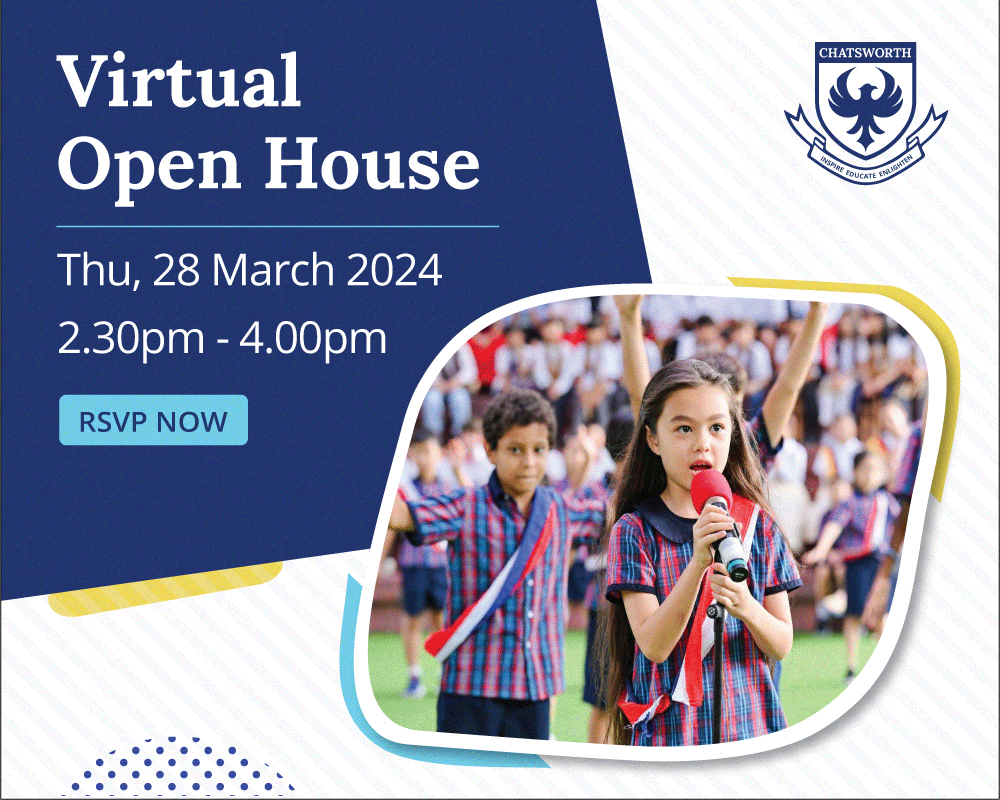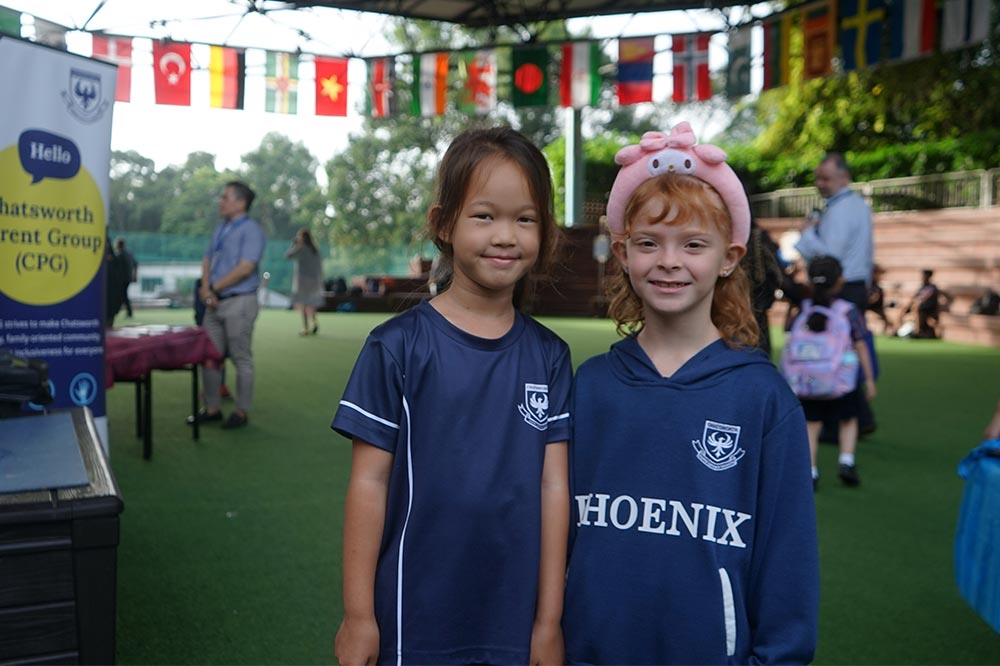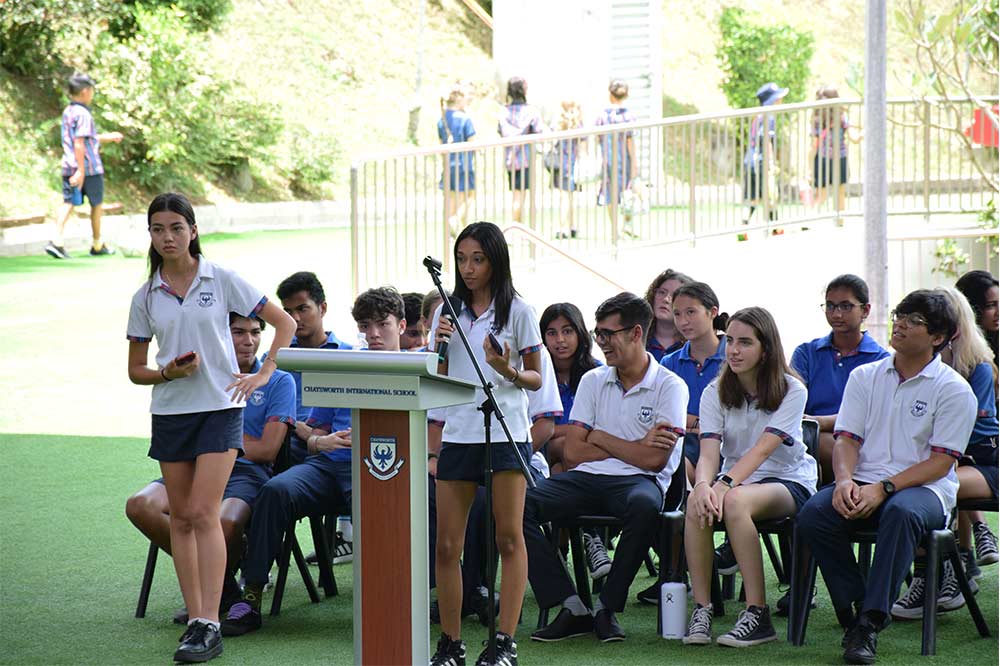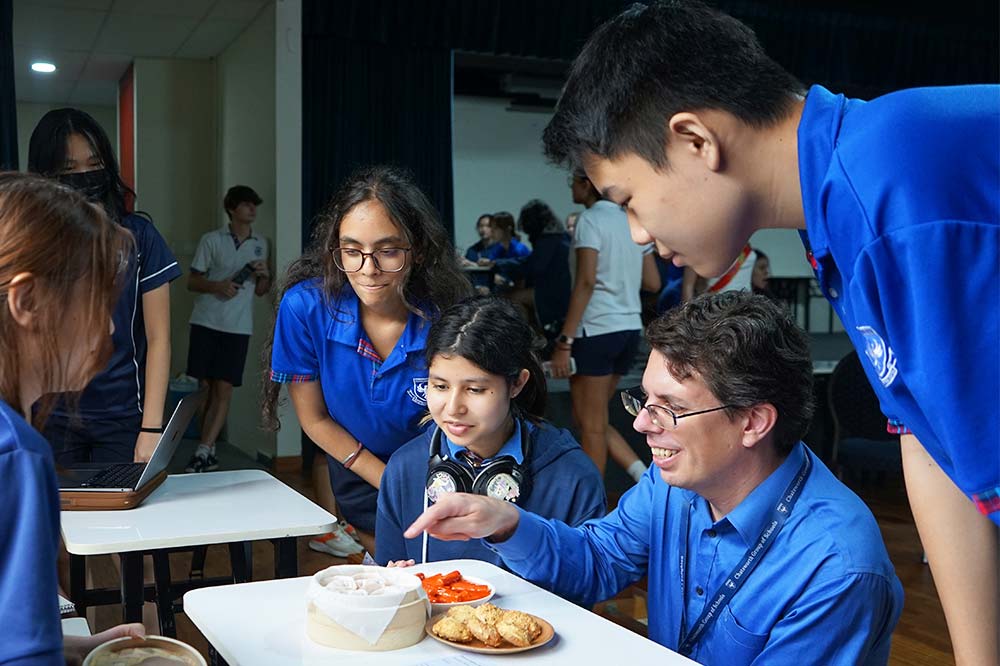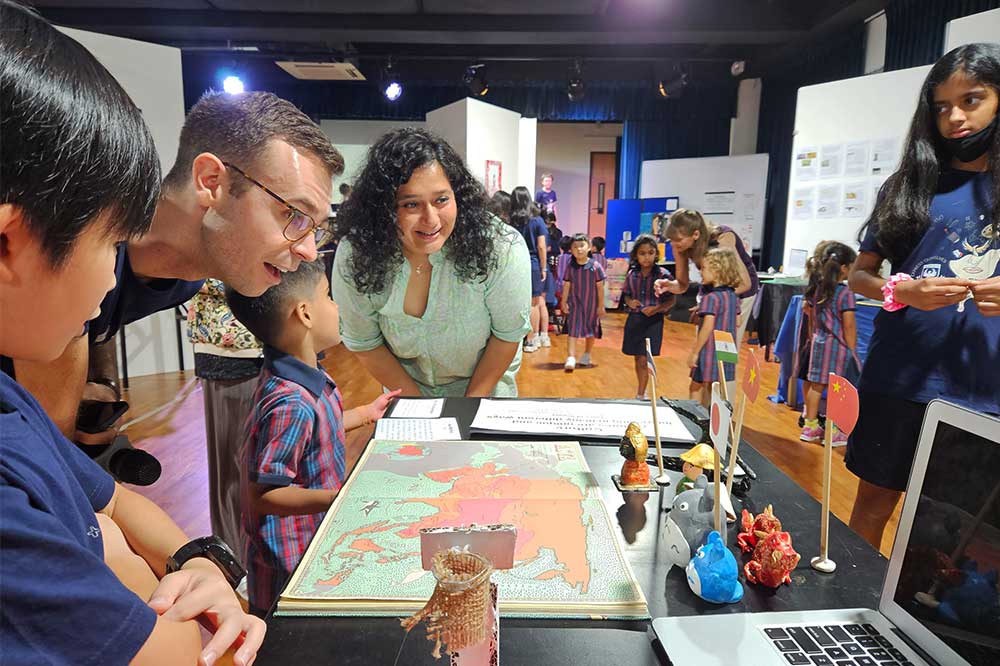Incorporating Technology for a Contemporary Music Diploma Course
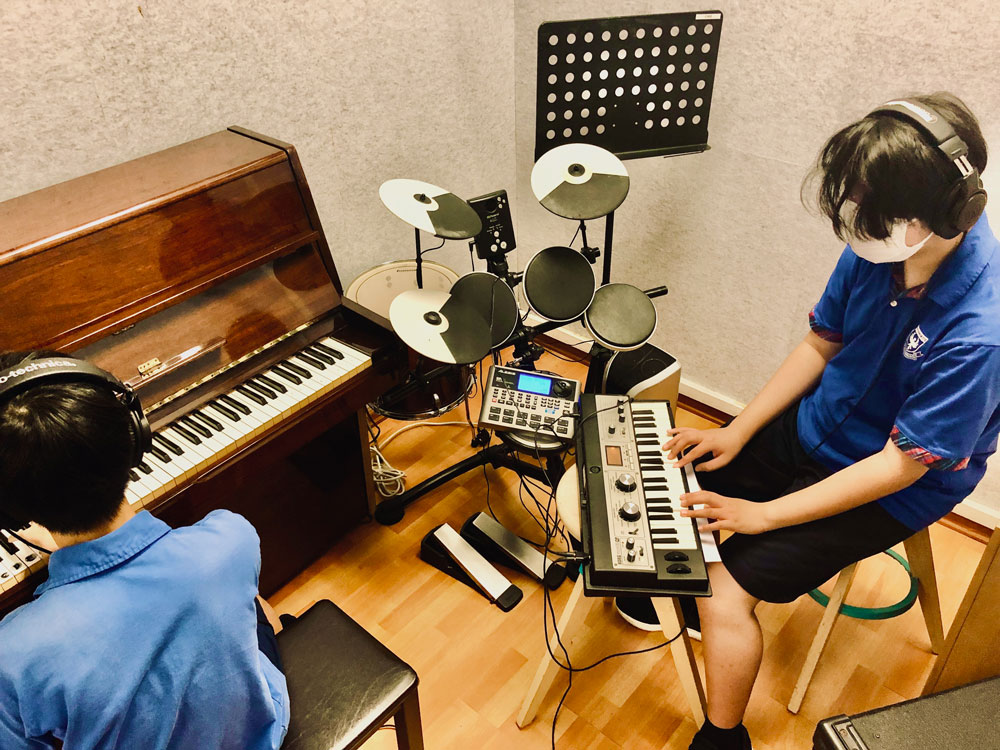
If you were to pass by the practice rooms of Chatsworth International School’s music department you might find - alongside traditional instruments such as pianos, guitars and drum kits - an increasing number of students working with music technology; magic boxes of keys, lights and sounds that are the de facto instruments of music creation in modern music. Electronic drum machines, beat pads, Midi Production Centres, DJ Mixers, Samplers, Effect boxes - these assorted technological instruments interact with student Macbooks and analogue instruments to help create modern, relevant music.
From a teaching perspective this makes a lot of sense. As a starting point for diving into the rich world of music, where better than where we are and what we know, our time and space? Music that students hear or interact with, that they admire or want to emulate or imitate - this is a doorway into the love of learning that can then expand to more unfamiliar forms and the wider possibilities of music. By ‘staying awake to the world’ we can keep reinvigorating learning for our students. [Kathmurdoch]
Changes to the IB Diploma Music Course
One of the enablers of this is the recent changes to IB’s Diploma Music course. Previously students mixed their performing and researching with a deep focus on Western Art Music (or Classical music), culminating in an exam where students were expected to unpack and analyse two classical works. When surveying students in preparation for the course update, IB noticed that their taste and personal interest had changed a lot, and Western Art Music was far less likely to take up significant space in the students’ personal listening. This led them to update the course in ways that would broaden the appeal of taking Music at the Diploma level. Starting from the first assessment in 2022, students will now be expected to demonstrate a more diverse understanding of musical forms, with a new component on experimentation and a particular emphasis on music technology.
IB’s intention is to encourage students and teachers to look more broadly at music. They ask students to demonstrate their learning across four broad categories: Music for sociocultural and political expression (they might explore Protest songs, Liturgical music, National anthems); Music for listening and performance (a purer listening experience -Chamber music, jazz, Experimental music); Music for dramatic impact, movement and entertainment (compositions for film, ballet or theatre); and Music technology in the electronic and digital age. This latter one incorporates Electronic dance music but also technology used in popular music production, which leads us back to the practice rooms and their changing dynamics. [Music (first assessment 2022)]
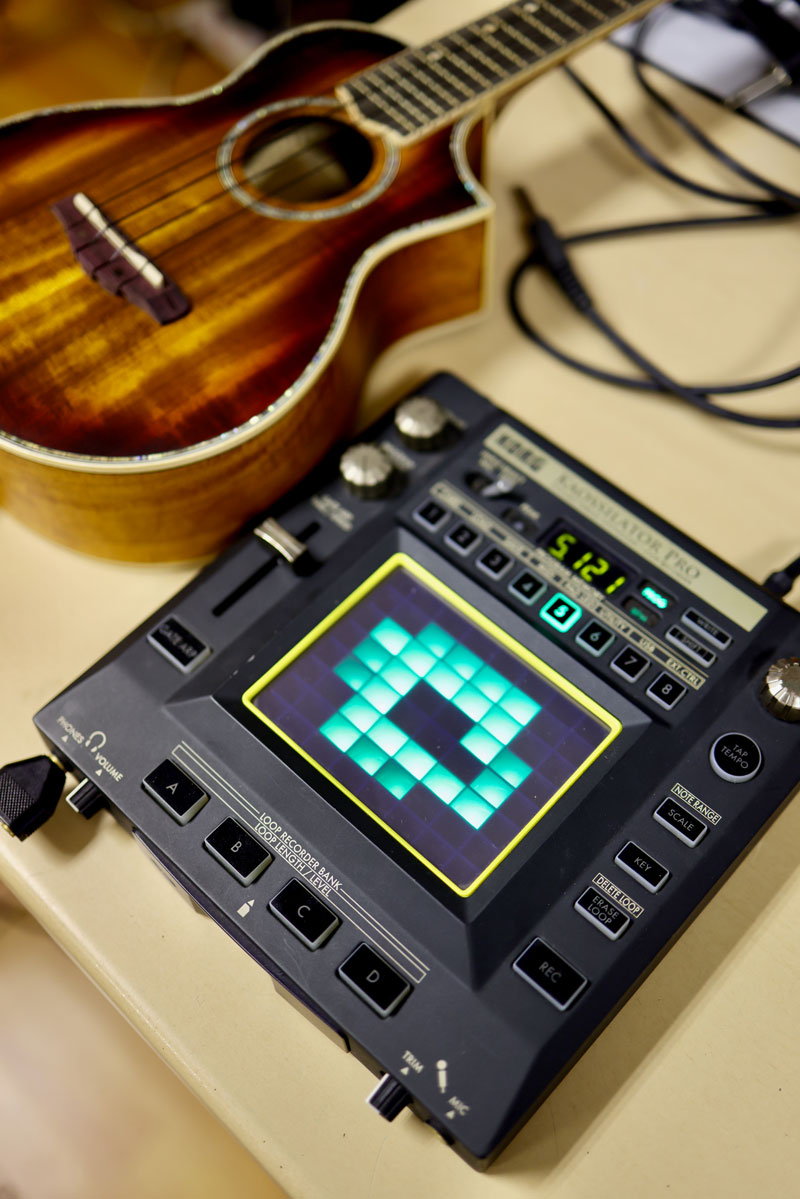 |  |
Music Meets Technology
From a personal perspective, I’ve always been fascinated by music-making technology that segues easily with the traditional playing of instruments. Whilst I originally learnt piano in the formal, classical manner, only branching off into more modern areas in my late teens, I found myself incorporating more technology to my playing as I got older. First, drum machines such as the Alesis SR18 provided useful beats to accompany my playing (a portable, reliable drummer if you will) and then more mass market synths such as the microKorg or Kaossilator enabled more innovative samples or short playback loops to enrich my live performances. It is a pleasure to introduce such tech to today’s students and see them still enthralled and engaged with such devices all over again. Of course, technology has only improved and modern studio production equipment such as Native Instrument’s Maschine and AKAI’s MPC utilise a combination of beats, samples and production that offer a staggering universe of sonic possibilities.
Staying Awake to the World
Of course, not everybody may be so comfortable about these changes in learning. Often when encountering the new, we may feel nostalgic or protective of the past. I am reminded of this every day when hearing the plaintive tones emerging from private piano teachers in our area. As pleasant as it is for me to hear familiar pieces from the Baroque or Romantic periods of Western Art Music, you’d be forgiven for wondering whether the piano would explode if it played something written in the last 100 years.
Despite the glories of the past, music continues to build on what came before and adapt. I am reminded of Bob Dylan, the legendary folk artist who penned the preface to this piece. In a perhaps apocryphal piece of history, he transitioned from a traditional acoustic folk singer to playing with an electric band, which reportedly led to crowds booing and furiously claiming he had betrayed his ‘authentic’ heritage. With hindsight, it is arguable that his best and most famous material arose in this ‘electric’ period. [Wallenfeldt]
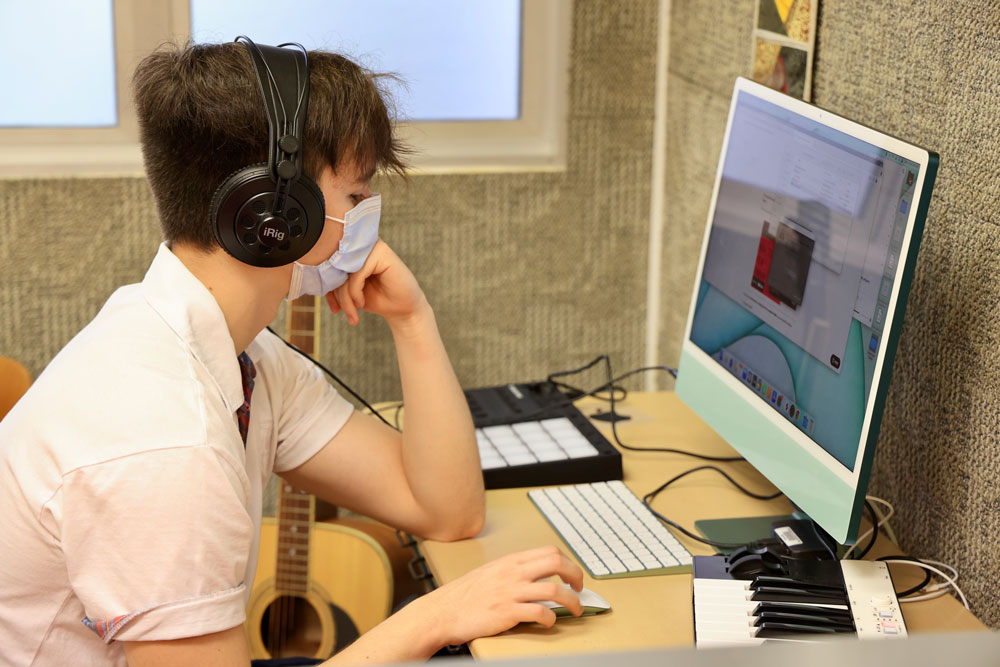
With the DP Music course ‘a-changin’ it seems a good time to realign the Middle School curriculum and begin seeding an awareness and understanding of music technology and the ways in which it might enhance students’ creativity. Year 9 are investigating how they might incorporate sampled/looped music tech into traditional performances. Years 10 and 11 are learning about technology in music production, and we are aiming to introduce suitable introductory skills to Years 7 and 8 in the future.
I look forward to the opportunities this will create for future compositions, collaborations and (in time) live performances. May the sound gather people round and not rattle our walls!
Bibliography
"The Times They Are A-Changin’ | The Official Bob Dylan Site". Www.Bobdylan.Com, 2021, https://www.bobdylan.com/songs/times-they-are-changin/. Accessed 16 Nov 2021.
Kathmurdoch. “Staying Awake to the World: Taking Time to Inquire into and Build Our Own ‘Background Knowledge.’” KATH MURDOCH, KATH MURDOCH, 23 June 2020, https://www.kathmurdoch.com.au/blog/2020/6/23/staying-awake-to-the-world-taking-time-to-inquire-into-and-build-our-own-background-knowledge".
Wallenfeldt, Jeff. "When Dylan “Went Electric”". Encyclopedia Britannica, https://www.britannica.com/story/when-dylan-went-electric. Accessed 16 November 2021.
"Music (first assessment 2022) - DP resources - Home - IB programme resources". Resources.Ibo.Org, 2021, https://resources.ibo.org/dp/subject/Music-2022/works/dp_11162-413084?lang=en&root=1.6.2.4.7. Accessed 16 Nov 2021.

